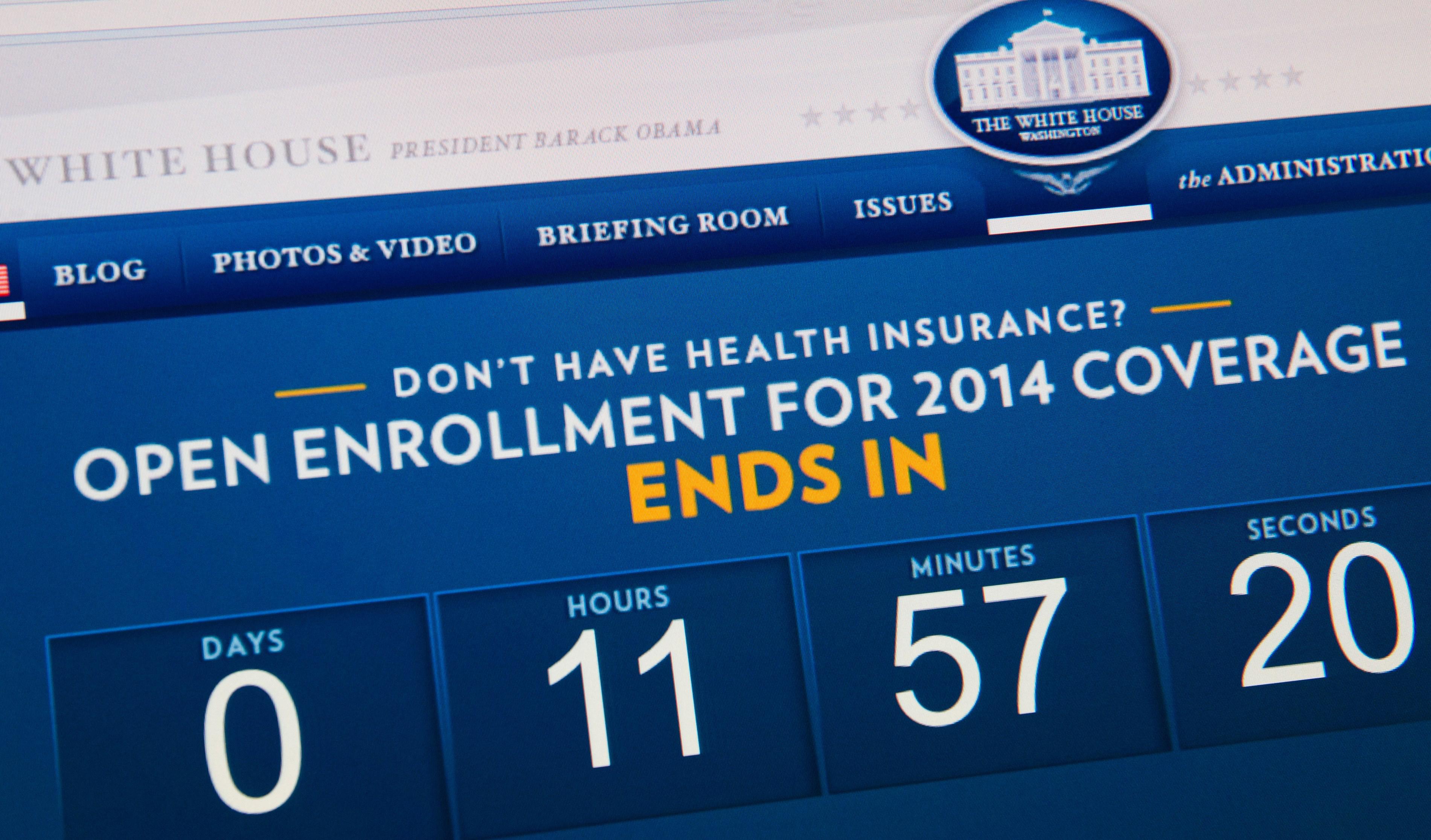Obamacare is going back to the Supreme Court. On Friday, the justices agreed to consider another legal challenge to the Affordable Care Act that has the potential to cripple President Obama’s prized piece of legislation. The question at the center of this dispute is the tax subsidies incorporated into the ACA, and whether individuals who buy plans in states where the state health care exchange is operated by the federal government are eligible to receive tax credits for their purchase.
Here’s more from the New York Times on the subsidy dispute:
According to the challengers, those subsidies are improperly being given in states that have decided not to run the marketplaces for insurance coverage known as exchanges. Under the law, the federal government has stepped in to run exchanges in those states. If the challengers are right, millions of people receiving subsidies would become ineligible for them, destabilizing and perhaps dooming the law.
The central question in the case is what to make of a provision in the law limiting subsidies to “an exchange established by the state.” The challengers say the provision means that only people in states with their own exchanges can get subsidies. Congress made the distinction, they say, to encourage states to participate. But the Internal Revenue Service has issued a regulation saying subsidies are allowed whether the exchange is run by a state or by the federal government. The challengers say that regulation is at odds with the law.
Only 14 states have established their own exchanges, and the federal government has set up exchanges elsewhere. Lower courts have issued differing rulings on how to interpret the subsidies. The Supreme Court chose to consider “an appeal from the U.S. Court of Appeals for the 4th Circuit, which unanimously ruled in King v. Burwell that the IRS interpretation was consistent with the intent of the law,” the Washington Post reports.
